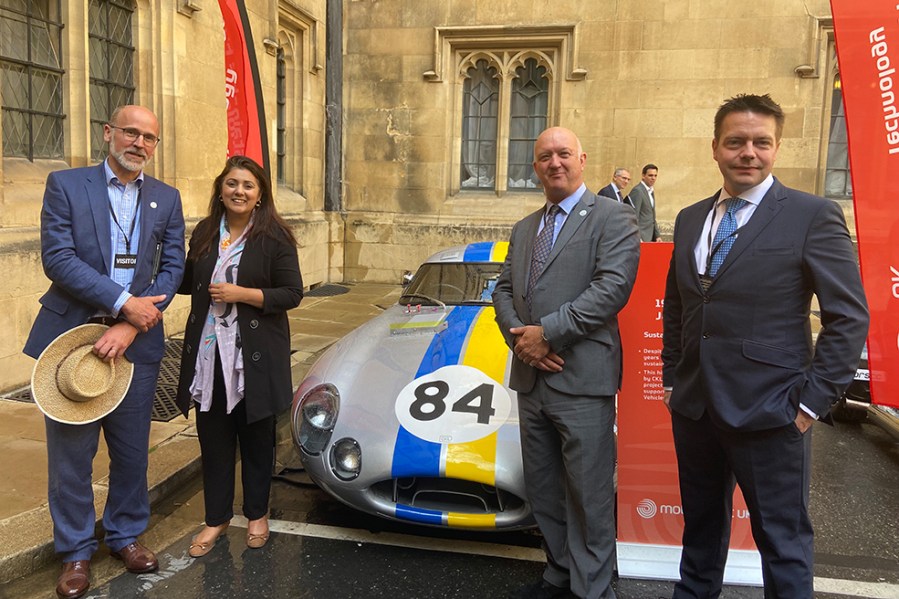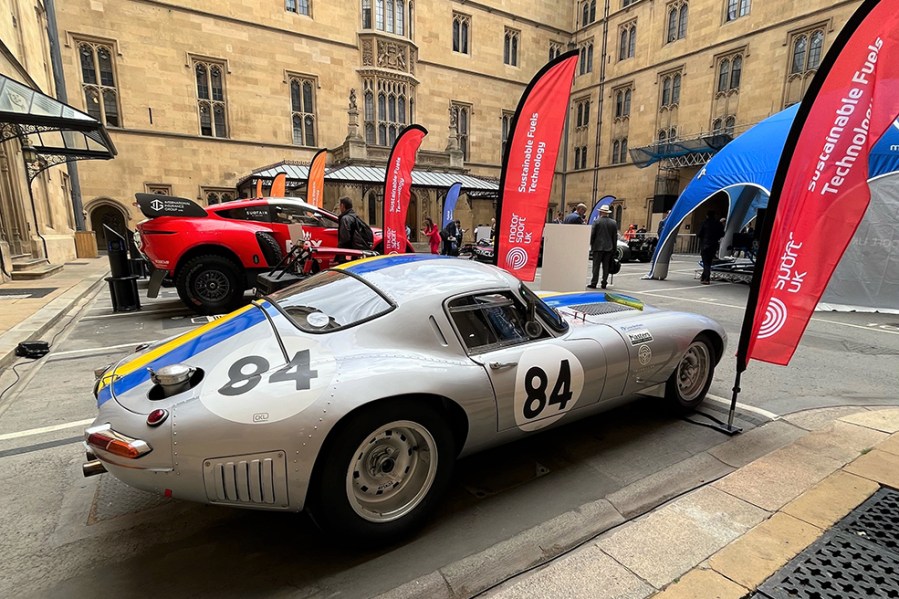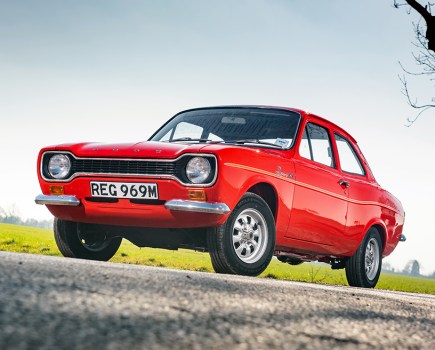The HCVA is backing research into synthetic fuels, citing them as the most effective way for the historic vehicle sector to achieve the ‘net zero’ target
Words: Paul Guinness
The Historic & Classic Vehicles Alliance (HCVA), the not-for-profit organisation created to support the historic vehicle sector, has joined forces with industry specialists involved in the development of synthetic fuels. The HCVA sees synthetic fuel research as essential if the sector is to achieve the government target of ‘net zero’ by 2050.
The HCVA is working alongside Jaguar racing specialist CKL Developments, which has been testing a customer’s E-type at Goodwood using synthetic fuels developed by Coryton Advanced Fuels. The same car was also on display at the Palace of Westminster at the end of June, where it took part in British Motorsport Day, helping to promote the advantages of synthetic fuels to a large number of parliamentarians on the day.
The E-type test using a mix of conventional and synthetic fuels proved successful, with the car performing exceptionally well at Goodwood. Garry Wilson, CEO of the HCVA, commented: We’re pleased to support the future of our historic and classic industry and vehicle owners through the development of these fuels, and are extremely grateful to Coryton and CKL Developments for this first test. By retaining internal combustion engines for historic vehicles but switching to synthetic fuels, we can create a virtuous circle.”
Coryton is a major UK player in the development of sustainable synthetic fuels created as a by-product of crop waste, helping to ensure that agricultural land doesn’t switch from food to fuel production in the future. The company hails its future fuels as responsibly blended bioethanol and biogasoline, with Coryton director David Richardson commenting: “Sustainable fuels can play a huge role in the future of historic and classic cars, and it’s fantastic to be starting to put some to the test.”

From left to right: Guy Lachlan (HCVA Director), Nusrat Ghani MP, Garry Wilson (HCVA CEO) and David Cuthbertson (HCVA Public Affairs)
At the recent showing of the E-type demonstrator at the Palace of Westminster, a wide range of politicians and visitors showed an interest in synthetic fuels as part of British Motorsport Day, organised by the Motorsport All Party Parliamentary Group in conjunction with Motorsport UK.
The HCVA plans to seek extra funding to help with ongoing research into synthetic fuels. Director of the organisation, Guy Lachlan, told Classics World: “Using sustainable and synthetic liquid fuels is clearly vital for the future of classic motoring.”
Lachlan added that the Westminster event had been a major success: “There’s much support from legislators, who are increasingly understanding that investment must be deployed in technologies such as future liquid fuels, and not just electrification.”






